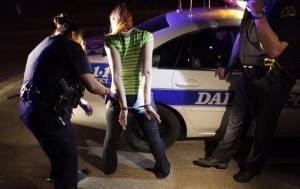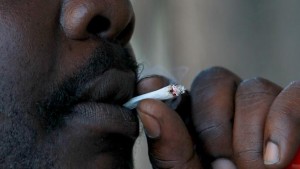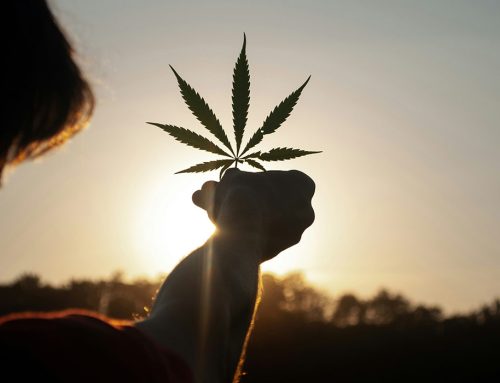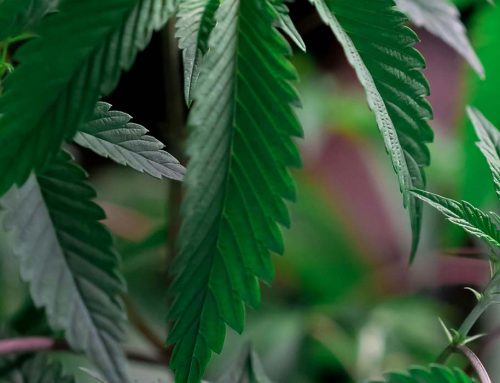An unusual group of activists are agitating for marijuana reform in Dallas: the police.
Even as the City Council prepares to debate a proposal to decriminalize simple possession of cannabis, Dallas Police Chief David Brown has asked council members to support it. Cops, Brown said, have too much on their plates to waste time on low-level marijuana offenses.
Instead of arresting users and subjecting them to incarceration and permanent criminal records, Brown wants to enact a “cite and release” policy that would allow officers to write civil citations rather than making arrests.
Public Safety Committee voted against the proposal
 The idea hasn’t proved popular at City Hall, at least not yet. The city arrests and jails more than 1,000 cannabis users every year, yet the council’s Public Safety Committee voted in December to recommend that the full council reject Brown’s proposal.
The idea hasn’t proved popular at City Hall, at least not yet. The city arrests and jails more than 1,000 cannabis users every year, yet the council’s Public Safety Committee voted in December to recommend that the full council reject Brown’s proposal.
The issue still has a chance, as it will now move to the full council for debate. No date has been set, and it’s still unclear what kind of support decriminalization might attract.
Marijuana is already decriminalized in 17 states and several large American cities. That means violators are subject only to small civil fines. The citations are similar to traffic tickets and leave no public record.
Texas forbids marijuana for any use
Cannabis is illegal in Texas for any use, so decriminalization would be a big step for Dallas. Users can still be arrested, incarcerated, and fined up to $2,000 for each offense. If decriminalization passes, officers would avoid arrest.
Brown’s plan would save police a large amount of money and significant resources. He said he thinks it’s good policy, though he’s unsure about its effect on crime fighting in the city. Dallas currently arrests 120 people a month for simple possession.
Each case requires that the arresting officer contact a supervisor to come to the scene and oversee a field drug test. If the results are positive for marijuana, the suspect faces automatic arrest and jail time.
The process eats up “about an hour,” said Deputy Police Chief Gary Tittle. “Sometimes more than that, depending on how far the shift supervisor has to drive to get to the scene.” Decriminalizing cannabis could halve that time, Tittle said.
“We believe it’ll shave 30 minutes off all of those low-level drug calls,” Tittle said. “So those officers will be back in the 911 pool responding to other issues faster.”
Improved response times
 Whether the item passes the council, it is likely to pick up some support there. Council Member Philip Kingston, who sits on the Public Safety Committee, agreed with Brown and Tittle that waiting for a sergeant to respond to a minor marijuana crime is a critical waste of time and manpower.
Whether the item passes the council, it is likely to pick up some support there. Council Member Philip Kingston, who sits on the Public Safety Committee, agreed with Brown and Tittle that waiting for a sergeant to respond to a minor marijuana crime is a critical waste of time and manpower.
“We just heard from David Brown that he’s stretched to the limit, and response times are suffering,” Kingston said. “And so when I see the number of arrests for marijuana-only, I think [the department] is wasting those resources. That is contributing and compounding the problem of low response times.”
And then there’s the civil rights angle. Kingston said “it’s not justice” to jail a person for possessing small quantities of cannabis. And pervasive racial disparities in arrest patterns hurt “poor and minority communities,” he said, ” and I don’t see the justice in starting a criminal record for just this.”






